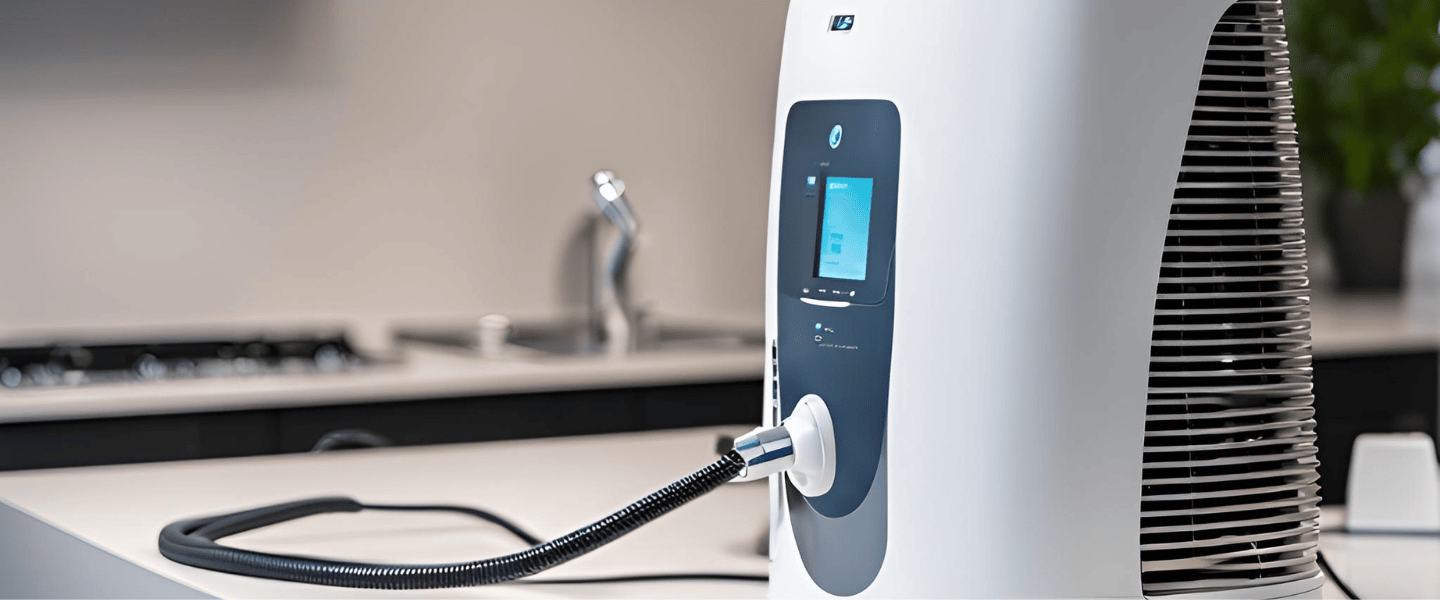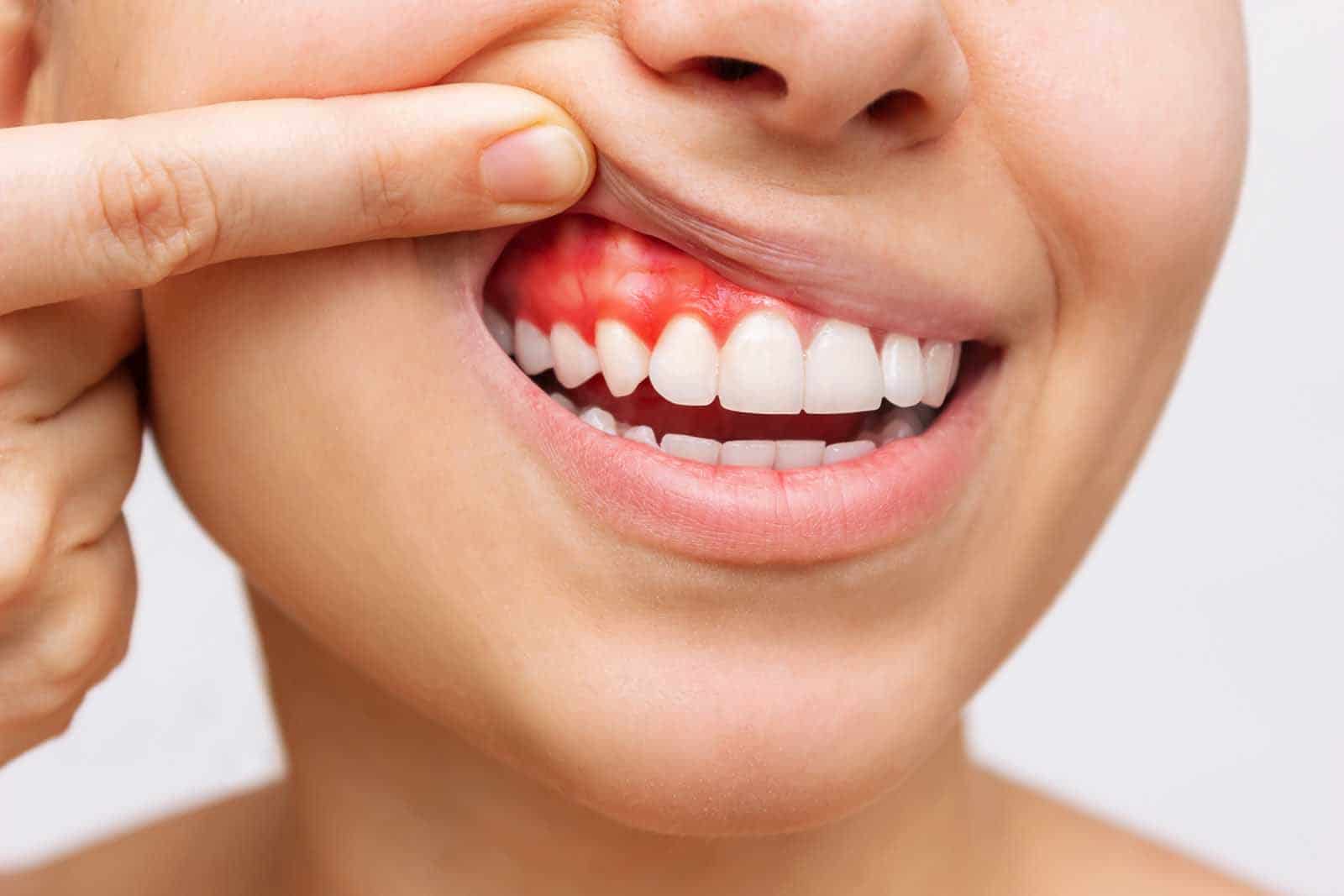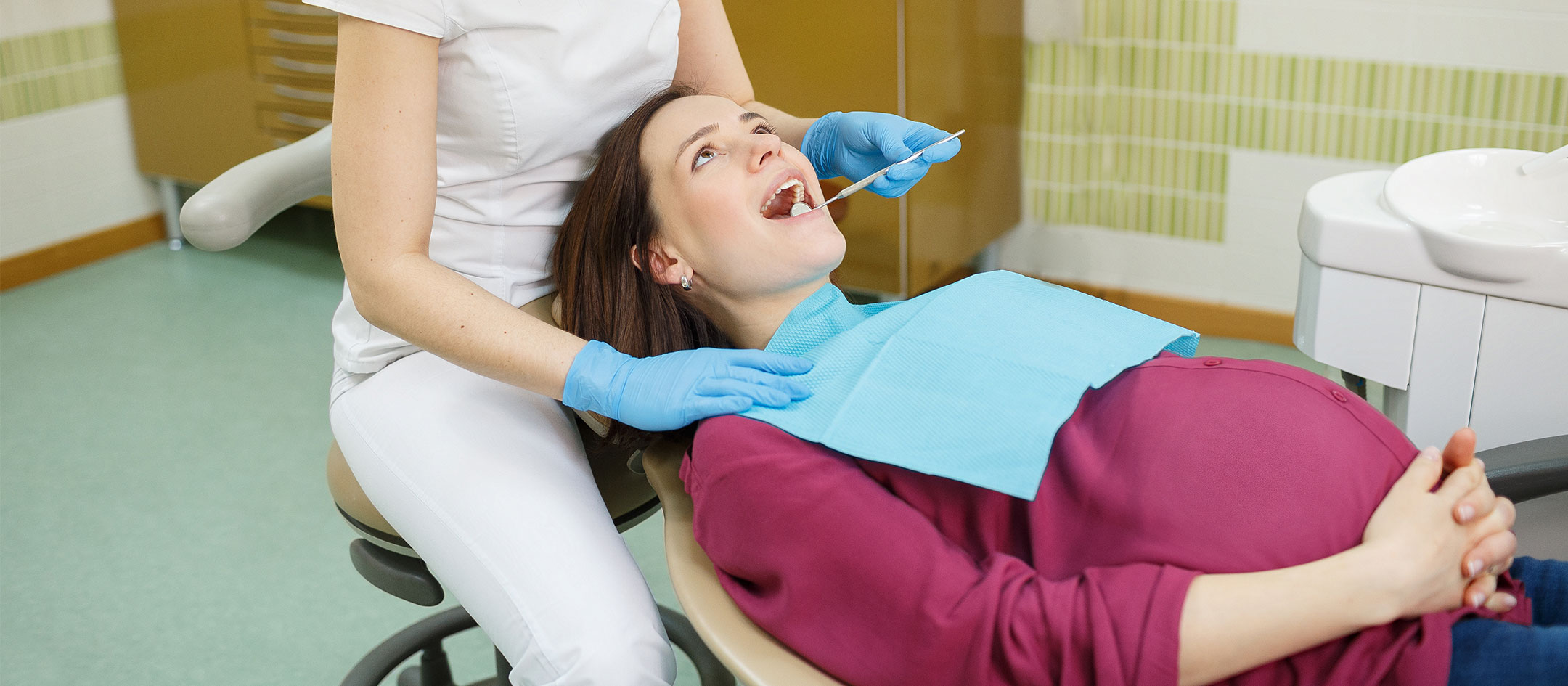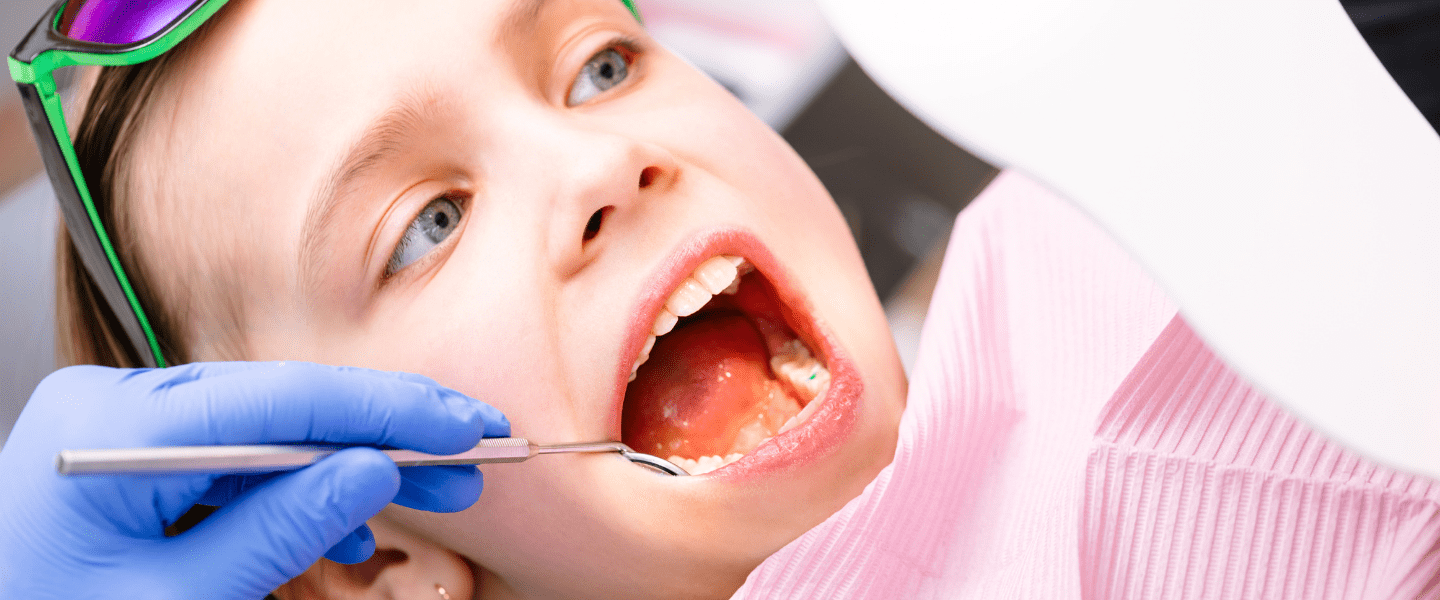Working Time
-
Mid-week 09:00 - 21:00
Saturday 09:00 - 21:00
Sunday: Close
Contact Info
-
0212 651 42 42
- [email protected]
Ask Question
Ozone Generator Therapy

Dental Health with Ozone Therapy in Dental Clinics
Dental health is an important part of our general health and new treatment methods are being developed and applied every day in this regard. One of the newest technologies used in dentistry in recent years is ozone therapy. Ozone is a high-energy form of oxygen and has antibacterial, antiviral and antifungal properties. Ozone therapy is used in many areas such as preventing tooth decay, treating gum diseases and improving oral hygiene.
In addition, it is treated by performing the procedure in the number of sessions recommended by the doctor in the treatment of aphthous lesions in and around the mouth, in the treatment of cold sores and non-healing wounds and in the treatment of chronic abscesses. In addition, ozone therapy provides great benefits in improving Behçet's disease and its symptoms. While Behçet's disease occurs due to autoimmune, i.e. immune system disorders, Ozone Therapy has a regulating and strengthening effect on the immune system.
What is Ozone Therapy?
Ozone therapy is a treatment method in which medical ozone (O₃) is used for therapeutic purposes. Ozone is a natural gas consisting of three oxygen atoms and is a very strong oxidant. Thanks to these properties, ozone can effectively eliminate infections by destroying the cell walls of bacteria, viruses, fungi and other pathogens. Ozone therapy in dentistry is used especially for the early detection and stopping of tooth decay, treatment of oral infections and control of gum diseases.
Areas of Use of Ozone Therapy in Dentistry
1. Treatment of Tooth Decay: Ozone therapy helps effectively stop tooth decay in its initial stage. Ozone gas prevents further damage to the tooth by eliminating the bacteria that cause decay. This treatment method offers a painless alternative, especially for children and patients who are afraid of dental treatment.
2. Treatment of Gum Disease: Gum diseases (such as gingivitis and periodontitis) can cause serious problems that can lead to tooth loss. Ozone therapy helps clean the bacteria and toxins accumulated in the gums, improving gum health and preventing the progression of gum diseases.
3. Increased Oral Hygiene: Ozone gas helps cleanse harmful microorganisms accumulated in the mouth, improving oral hygiene. It also eliminates bad breath (halitosis) and accelerates the healing process of wounds in the mouth.
4. Infection Control After Root Canal Treatment: Ozone can also be used to clean bacteria remaining in the tooth after root canal treatment and reduce the risk of infection. Thus, it contributes to increasing treatment success and speeding up the treatment process.
Advantages of Ozone Therapy
• Painless and Comfortable: Ozone therapy is generally painless and does not require anesthesia. This increases the comfort of patients during treatment.
• Fast and Effective: Ozone gas takes effect in a very short time. The treatment process usually does not last more than a few minutes.
• Antibacterial Effect: Thanks to the antibacterial, antiviral and antifungal properties of ozone, infection risks are minimized.
• Natural and Safe: Ozone therapy reduces the use of chemicals and is considered a natural method. It has very few side effects and is generally safe.
Disadvantages of Ozone Therapy
As with every treatment method, ozone therapy has some limitations. For example, ozone therapy alone may not be sufficient for severely decayed teeth. In addition, regular dentist check-ups and good oral hygiene are required for ozone therapy to be effective.
Conclusion
Ozone therapy is an effective and safe treatment method that is becoming increasingly popular in dentistry. It plays an important role in preventing tooth decay, treating gum disease and maintaining general oral health. As a result of a consultation with your dentist, you can learn whether ozone therapy is suitable for you and benefit from the advantages of this new treatment method. Remember that regular dentist check-ups and proper oral care habits are the most important steps for a healthy smile.
STUDENT ORAL AND DENTAL HEALTH
Online



